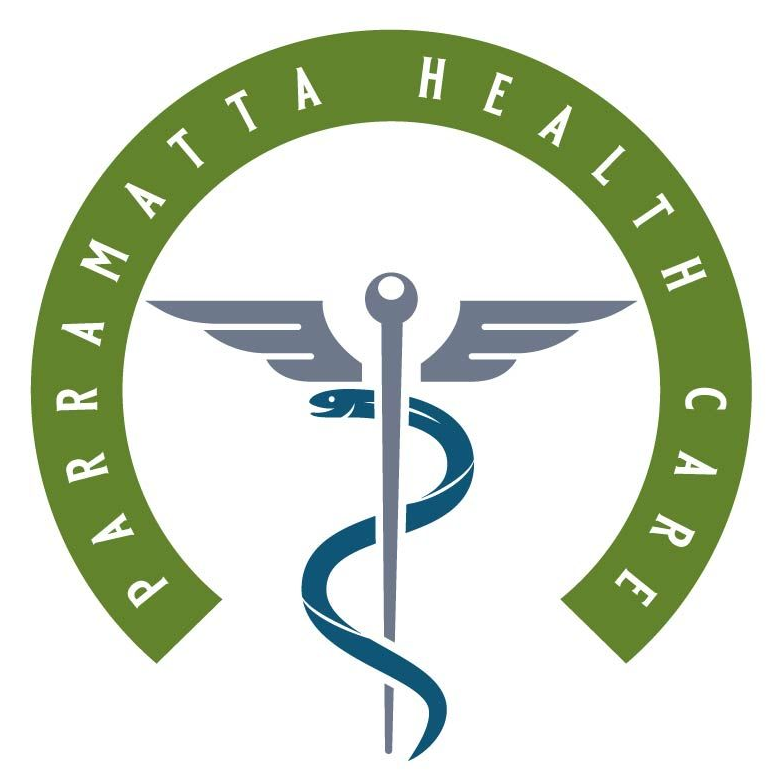Women's Health Services
General Women’s Health
Women’s health refers to the overall physical and emotional well-being of women, shaped by unique biological and hormonal factors. Unlike men, women experience health challenges related to their reproductive system, menstrual cycles, pregnancy, and menopause.
General women’s health includes prevention, diagnosis, and treatment of conditions that affect women differently, as well as promoting healthy lifestyle choices to prevent illness. It also addresses broader issues such as mental health, sexual wellbeing, and preventative screenings.
Our clinic provides comprehensive women’s health care delivered by experienced female GPs in a respectful, culturally sensitive, and inclusive environment. We aim to empower women to manage their health confidently across every stage of life.
Our services include:
- Cervical screening (Pap smears) and breast checks
- Contraceptive advice and family planning
- Menstrual and hormonal health support
- Pregnancy care and postnatal follow-up
- Menopause management
- Sexual health screening and treatment
- Mental health support
- Lifestyle and preventative health advice
Regular Health Checks
Regular assessments are vital in maintaining women’s health. Early detection and treatment of conditions such as cervical cancer, breast cancer, and osteoporosis can save lives.
- Annual gynaecological exam: Includes pelvic exam and Pap test to detect abnormal cervical cells.
- Breast exams: Monthly self-exams, plus clinical breast exams every 1–3 years starting at age 20. Mammograms are recommended for women over 50 or earlier for those at higher risk.
- STI testing: For women who are or have been sexually active.
- Cardiovascular checks: Regular monitoring of blood pressure, cholesterol, and glucose to detect heart disease or diabetes risk.
- Osteoporosis screening: Bone density testing for women aged 65+ or earlier if at risk.
- Colorectal cancer screening: Begin at age 50 until age 75.
- Eye examination: Every two years after age 45, with glaucoma screening as needed.
- Flu vaccination: Annually for protection.
Birth Control and Family Planning
What is Birth Control?
Birth control, or contraception, refers to methods or devices that prevent pregnancy. Options include hormonal, barrier, long-acting reversible, natural, and permanent methods. Each option has its benefits and risks, and the right choice depends on individual health, lifestyle, and personal preferences.
Who is Suitable for Birth Control?
Most women who are sexually active and wish to avoid pregnancy are suitable for contraception. Your doctor will recommend the safest and most effective method based on your medical history and needs. For example, women who smoke or have blood clot risks may be advised against certain hormonal methods.
Benefits of Birth Control
- Prevents unintended pregnancy
- Regulates menstrual cycles and reduces PMS
- Manages conditions such as PCOS, endometriosis, or acne
- Reduces the risk of ovarian and endometrial cancer
- Improves bone density and skin health
- Supports mental and emotional well-being
- Provides STI protection (condoms only)
Types of Birth Control
- Hormonal methods: Pills, patches, vaginal ring, injections
- Barrier methods: Condoms, diaphragms, cervical caps
- Long-acting reversible contraception (LARC): Hormonal and copper IUDs, contraceptive implant (Implanon)
- Natural methods: Rhythm and fertility awareness methods
- Permanent methods: Tubal ligation (women) and vasectomy (men)
- Abstinence: The only 100% effective method
Effectiveness and Risks
When used correctly, most methods are highly effective. Hormonal and LARC methods are among the most reliable, while natural methods carry higher chances of failure. Potential side effects include headaches, irregular bleeding, mood changes, or weight gain with hormonal options, and irritation or discomfort with barrier or IUD methods.
Contraceptive Implant (Implanon)
The contraceptive implant (Implanon) is a small, flexible plastic rod inserted under the skin of the upper arm. It slowly releases hormones that prevent ovulation, thicken cervical mucus, and thin the uterine lining.
- Effectiveness: Over 99% effective, lasting up to three years.
- Insertion: Done under local anaesthetic by a trained GP, usually in the non-dominant arm.
- Removal: Simple procedure under local anaesthetic when contraception is no longer needed or if side effects occur.
- Reversible: Fertility returns quickly after removal.
Menstrual and Hormonal Health
Many women experience challenges with menstruation, such as heavy periods, painful cramps, or irregular cycles. Hormonal conditions like PCOS or endometriosis can also affect well-being and fertility.
Our doctors provide support through tailored advice, treatment options, and management plans, helping women maintain balance and quality of life.
Menopause Counselling and Management
What is Menopause?
Menopause is a natural stage when a woman’s ovaries stop producing eggs, hormones decline, and menstruation ceases. It typically occurs between the ages of 45 and 55. Common symptoms include hot flushes, night sweats, sleep problems, mood changes, and vaginal dryness.
Why Consider Menopause Counselling?
Counselling helps women understand and manage both the physical and emotional aspects of menopause. It also reduces the risk of long-term health issues such as osteoporosis and heart disease.
Types of Counselling and Support
- Cognitive behavioural therapy
- Mindfulness-based therapies
- Psychoeducation
- Support groups and peer connection
Benefits of Menopause Counselling
- Relief from symptoms like hot flushes, mood swings, and sleep disturbance
- Better coping strategies for emotional and physical changes
- Guidance on healthy lifestyle adjustments to support long-term well-being
Pregnancy and Postnatal Care
We provide comprehensive care during pregnancy and after childbirth. Services include antenatal check-ups, screenings, lifestyle guidance, and counselling. Postnatal care ensures recovery, emotional support, and contraception advice for new mothers.
Sexual and Mental Health
Our clinic offers confidential sexual health screening, diagnosis, and treatment of infections, alongside safe conversations about sexual well-being. We also provide mental health support, recognising that anxiety, depression, and emotional stress can affect women at every stage of life.
Lifestyle and Preventative Health
Prevention plays a central role in women’s health. Our GPs support women with guidance on diet, exercise, sleep, and stress management to promote long-term wellness. Regular check-ups, healthy lifestyle choices, and mental health support ensure a proactive approach to well-being.
